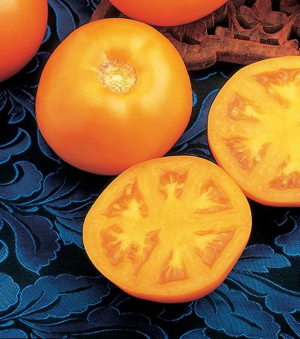This SciDevNet piece led me to this Nature article on the theory and practice of the Rapid Biological Inventory, “a quick, intensive taxonomic expedition designed to identify areas of particular biological, geological and cultural significance before development and exploitation take hold.”
Using satellite images, maps and other data, biologists target promising areas and then work with local scientists and students to walk existing and newly cut trails, recording the species they encounter. (…) In parallel with these are social inventories — surveys of the organisational structure of local communities and how they use the forest. The teams work with indigenous groups, government and local conservation organisations to deepen their understanding of the value of the surveyed areas.
I think the concept was pioneered by Conservation International, under the name Rapid Assessment Program, or RAP, but as far as I can see it hasn’t been applied to agricultural biodiversity, at least not explicitly. Seems to me one could come up with a pretty good “rapid agrodiversity assessment” methodology based on standard crop descriptors combined with traditional knowledge, wrapped up in a participatory rural appraisal (PRA) approach. Maybe someone already has?
 Tomatoes come in many more colours than red and one of them — the tangerine tomato — has proved to be a much better source of important nutrients than its red cousins. Tangerine tomatoes are richer in the cis form of the chemical lycopene, while red tomatoes contain the trans form of the chemical. Researchers fed human volunteers tomato sauce for breakfast. Those who ate tangerine tomatoes absorbed almost three times more lycopene than those fed red tomatoes, even though those red varieties were known to be especially high in lycopene.
Tomatoes come in many more colours than red and one of them — the tangerine tomato — has proved to be a much better source of important nutrients than its red cousins. Tangerine tomatoes are richer in the cis form of the chemical lycopene, while red tomatoes contain the trans form of the chemical. Researchers fed human volunteers tomato sauce for breakfast. Those who ate tangerine tomatoes absorbed almost three times more lycopene than those fed red tomatoes, even though those red varieties were known to be especially high in lycopene.